Bloomsbury Festival: interview with festival director

Various events demonstrating talents and cultures from around the world once again gathered for The Bloomsbury Festival which took place in and around Russell Square over the last weekend. The event highlights and incorporates the massive diversity of the local community and its inhabitants. Regardless of your background and age, the festival always has something that appeals to everyone’s tastes.
Many of the outlets of the festival support charities and provide awareness and exciting opportunities for individuals to help raise money for different causes. Spanning the entire weekend, the festival was spread over Bloomsbury with Russell Square at the heart of the whole experience. To find out a bit more information about the festival and gain an insight into its history, we conducted an interview with the festival director Roma.
What can people expect from the festival?
Roma: Well a massive range of things; it depends on what they’re interested in. There are over 150 events happening across the weekend, ranging from really extraordinary classical musicians to a funky Sunday swing dance and film programme. So I think hopefully there’s something to cater to everybody’s tastes, but it’s very, very varied. 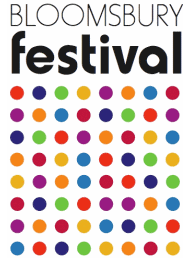
Is there anything that you kept similar to the last festival?
Yeah the whole ethos of the festival is the same each year; it’s really a massive opportunity for all the amazing people who work behind closed doors in the area, across the year, to come outside and bring all the work that they’re doing whether it be art… or actually we’ve also got some amazing scientists here who are doing some quite great interactive stuff. So you know the underlying structure of the festival’s the same, but obviously the individual projects and the individual artists involved are different every year.
What’s the aim of the festival, if there is one?
Really just to showcase this area in a slightly different way. It’s an amazing part of London and full of incredibly fascinating and talented people and it’s kind of surprisingly undiscovered in some ways. Lots of London is so well known now and I think Bloomsbury is perhaps identified a bit more with the past and actually people are not aware of just what an amazing contemporary place [ it is ] and what a creative contemporary place it is. So I guess if there’s an underlying aim it’s to allow more people to know about it.
What are some of the things that make it unique?
I’m going to sound like a cracked record. It’s to do with the area really. It’s to do with its history and it’s to do with the way in which it has now built on that. When it was developed as an area, it was home then to some fairly extraordinary institutions, like the University of London, which was the first university where you didn’t have to be a fully signed up Christian to go to the university, which was totally radical in its time and that kind of tradition of liberalism has underlain the Bloomsbury area for centuries…
I think it’s one of the reasons why the Bloomsbury group and all that kind of famous set of people probably based themselves here then. But of course the university sector’s grown, and there’s also a huge number of charities like Great Ormond Street based in the area, and I think that that provides the basis for a part of London that feels quite open and feels quite special. It’s hugely multicultural here: it’s hugely varied in terms of who’s based here. It’s an amazing local diverse population with a lot of Bengali and Somali families, and then you’ve got the university population which is global students and obviously people who come to visit, who go to places such as the British Museum. It’s a sort of tourist destination from that point of view. So all those people layered on top of each other and then when you kind of mix in the fact that you’ve got really world class scientists and world class artists and performers here as well, well it just makes it a very special place really.
What kind of people do you attract?
As varied as the programme really. I think the audience reflects the nature of the area, I guess we have quite a lot of students but if you look around, you’ll see all kinds of people from all kinds of backgrounds, and I guess from all kinds of places and I think maybe that’s what makes us special that it’s a festival that really feels like it’s for a really wide variety of people.
What have been some of the highlights in the past?
We had an amazing project a couple of years ago in Brunswick Square, where we had some architects who decided to hang the best part of a living room’s worth of household furniture from the trees and they turned into swings, that was a great project. We’ve had some amazing aerial performances on the facades of the buildings here. I think the world music stage has become a real highlight which is now an annual thing in Russell Square, and we always have a really lovely event on one of the streets in the area. There are four different sort of mini high streets within the area and this year it’s going to be on Store Street which is over in the west of the area on Sunday afternoon, but it moves around and I think that’s a really nice tradition as well.
Who are some of the people behind its organisation?
Again it’s a partnership based event, there’s a small team in the festival office which includes me, but also particularly my colleague Maddie Jones who runs all the production side of the festival and the infrastructure. We have Rachel Fisher who’s our marketing coordinator and Viv Conniker who’s our programmer. But really broader than that, the festival’s supported by the major organisations in the area; by the local business improvement district; by the local landowners who are the Bedford estates and also by the private philanthropists and I think that multiplicity reflects the nature of the event as well, and the arts council.
Is there a chance of it branching out to other areas?
Think it might get confusing if we had the Bloomsbury Festival somewhere else. It might branch out to more than just one weekend, that’s a possibility, but I think we’re quite nicely defined by our geographical location and that’s something that’s very nice about the festival.
What makes it different to other events?
I think all the things that we’ve talked about already, it’s to do with the area specific nature of it and the fact that everybody involved in making it happen is based here either by living here or by working here. I think it’s the number of different types of people involved and then the number of different types of people who come and maybe it’s just its atmosphere, it just has this lovely, friendly atmosphere and it’s all free, which is lovely and important actually in terms of that sense of everybody giving something.
Rahul Bahal
For more information about this years festival, visit the official website.
To see pictures of the event, check out their photo gallery.
To get involved in next years festival, either as a performer, creator or volunteer, click here.

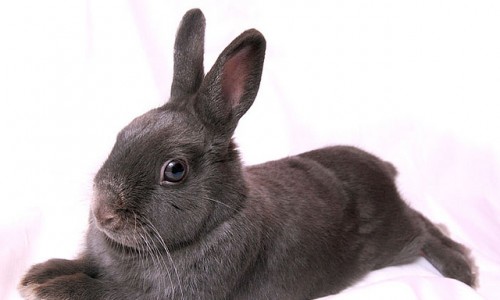


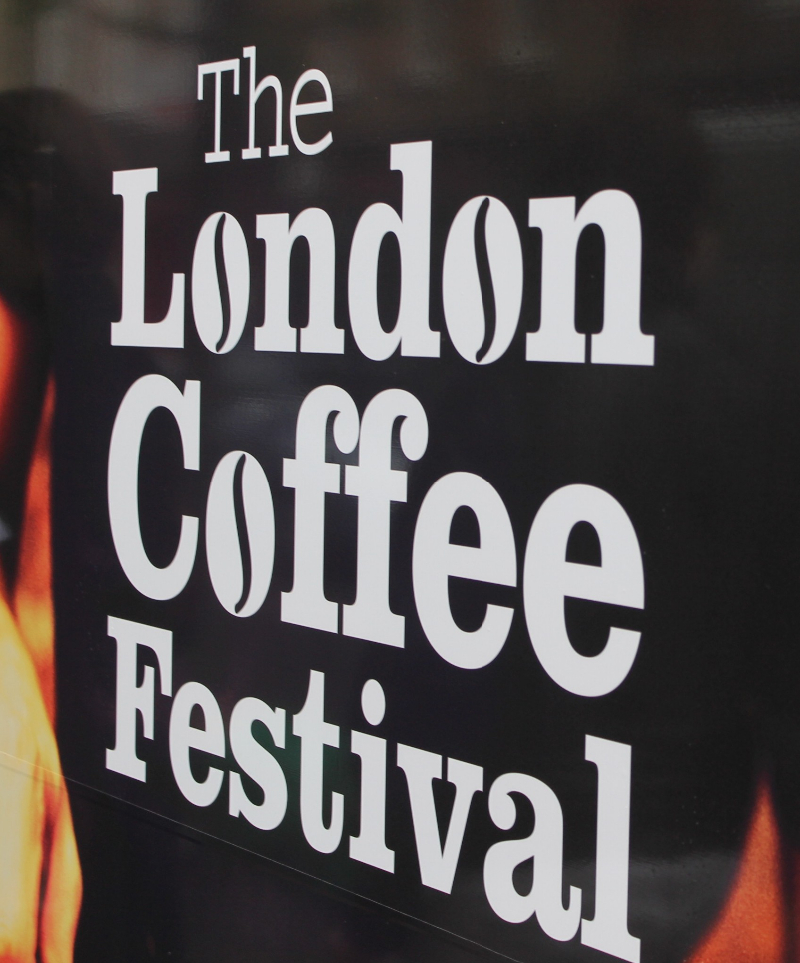
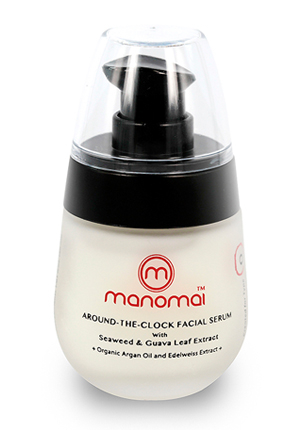
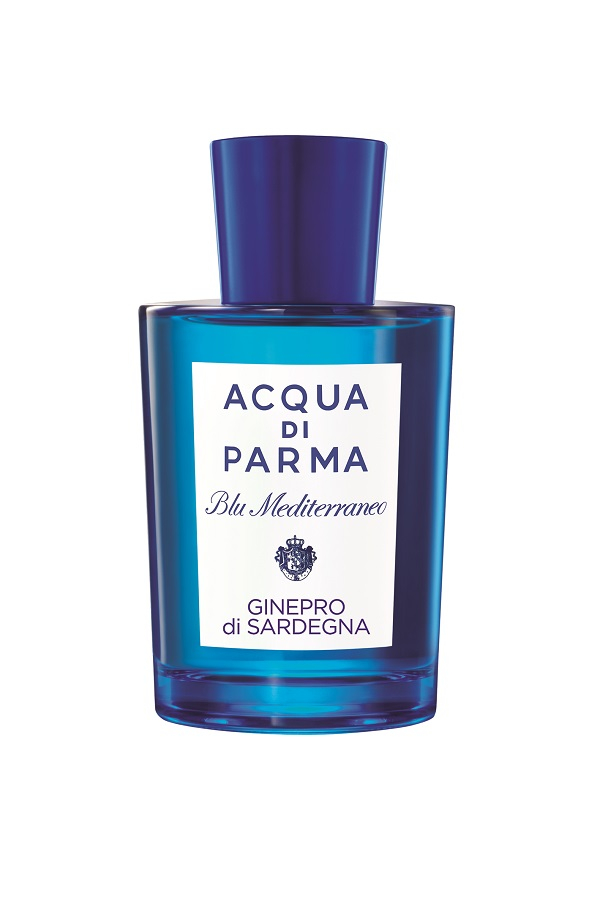
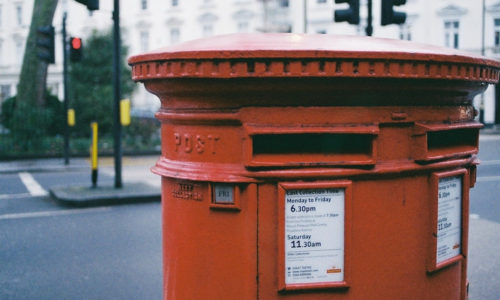
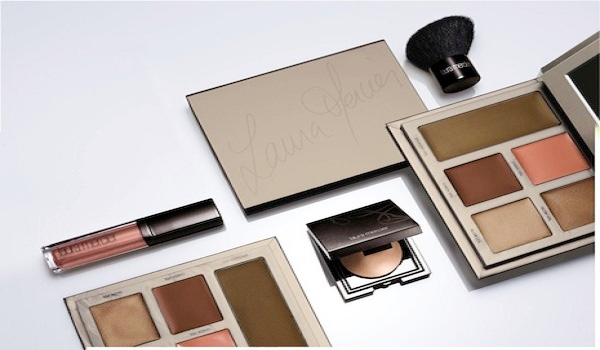








Facebook
Twitter
Instagram
YouTube
RSS